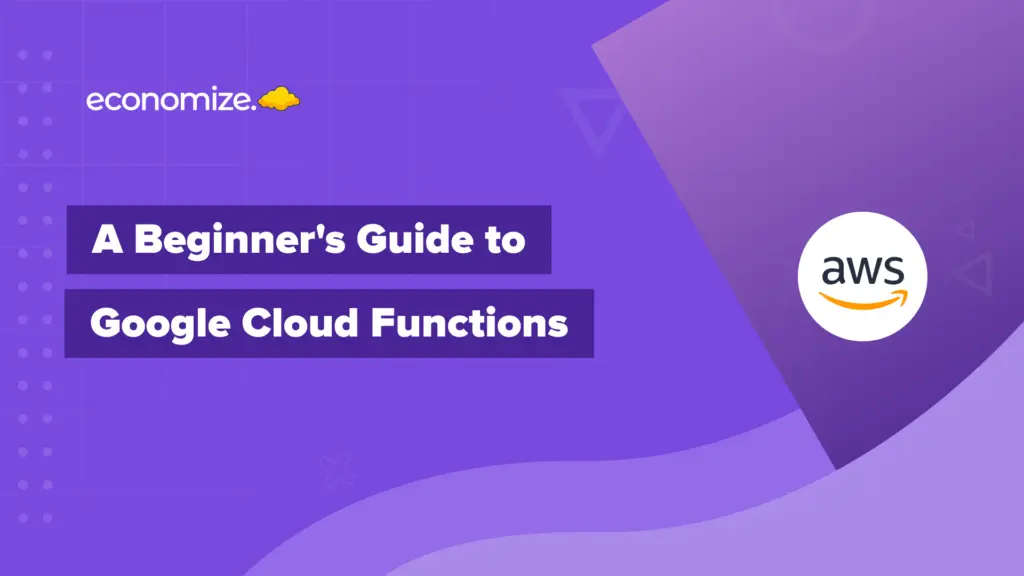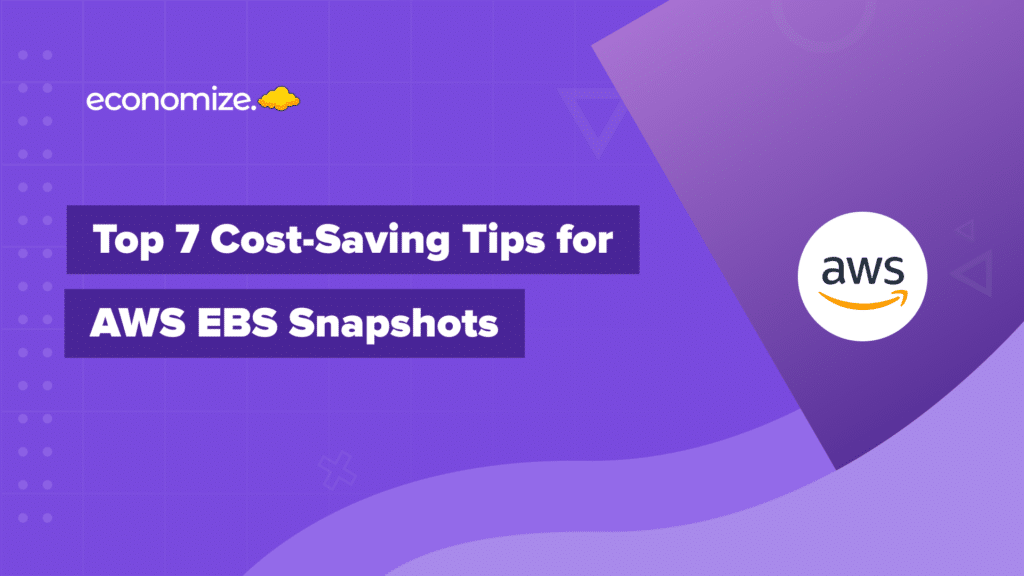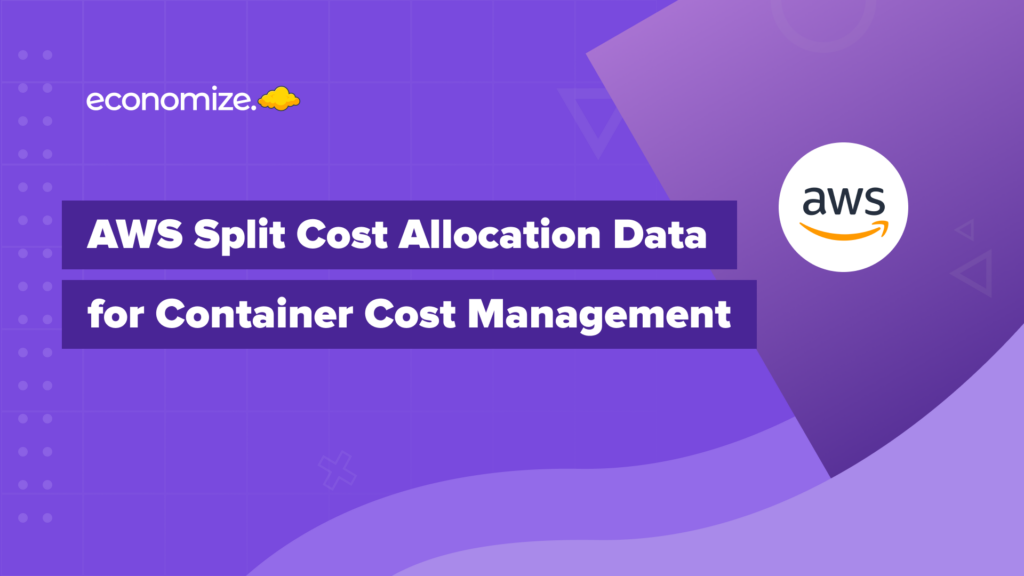FinOps Foundation
FinOps strives to lower overall expenditures and optimize cloud costs by enhancing the efficiency and control of processes throughout the organization, as cloud computing prices have risen dramatically. However, in order for this procedure to be effective, qualified personnel are required.
The FinOps foundation has outlined the key concepts of financial cloud administration, which include a reference framework of best practices and, more significantly, a paid training and certification program for practitioners.
FinOps certification validates FinOps abilities and establishes professional credibility for people working in a variety of cloud, financial, and technology roles.
There are certifications and training programs available for IT professionals who wish to learn more about FinOps or demonstrate their FinOps knowledge. Some of these are straight from the FinOps Foundation. Others, such as AWS and Coursera, provide more general cloud cost management and optimization courses. While the titles of some of these courses may not specifically mention FinOps, the topics they cover can be applied to a FinOps practice.
Financial management and cost control, as well as forecasting and management, are the primary areas of concentration. This introduces the concept of financial accountability while also accommodating cost fluctuations owing to the pay-as-you-go model. Because most businesses today are either born in the cloud or have adopted it, it is crucial to have well versed individuals or services who can handle their cloud financial spending.
Types of FinOps Certifications
There are a variety of different learning methods that will give you the knowledge and experience, as well as the certification required to be a legitimate FinOps practitioner.
From the FinOps Foundation
FinOps Certified Practitioner (FOCP)
Cloud budget owners, cloud architects, FinOps analysts, and financial business consultants are among those who would benefit from this self-paced course. FinOps principles and important topics are covered in this course. Knowledge of cloud computing fundamentals, at least one public cloud platform, and pay-as-you-go consumption methods are recommended requirements.
The exam is 60 minutes long. For maximum convenience, the FinOps certification practice test is available online. Exam-alone preparation is recommended only for persons who have considerable real-world FinOps experience and a thorough grasp of the FinOps lifecycle. The exam purchase does not include any study or preparation materials.
FinOps for Engineers
Engineers will learn how to collaborate with FinOps, finance, and procurement teams to effectively manage cloud use and expenses in this core training. Software and system engineers, as well as DevOps engineers and managers, are the primary target audiences. It is a practitioner-level course that investigates FinOps from the perspective of engineering teams, with no prerequisites.
The $299 course includes access to the following resources :
- Instructor-led videos
- A year’s worth of access to online course materials
- Speaker notes and takeaways from teacher presentations
- Seven-day trial of Cloud FinOps (digital copy)
FinOps Certified Professional
The FinOps Foundation’s most advanced training option is this hands-on course. It takes about 40 to 50 hours of work over a few weeks and is a combination of instructor-led and self-paced study. At least six months of FinOps work experience and a FinOps Certified Practitioner credential are required.
The cost of the course is $3,750. To earn this certification, you’ll need to complete the following activities:
- Attend two face-to-face sessions
- The self-paced modules must be completed
- Pass the FinOps Professional certification test
- Fulfil the standards for service and content contribution
- There are 100 questions in the two-hour FinOps Certified Professional test. To pass, you must have a score of at least 75%.
Need for FinOps experts
The growing popularity of cloud computing allows businesses to increase their investments in this technology. While cloud computing allows businesses to scale their services to maximize their resources, they are frequently unaware of their overspending. According to Gartner, through 2022, approximately 30% of the increased investment in software and cloud services would go unused in any given month. As a result, by managing cloud charges, organizations can dramatically lower their total expenditures.
Businesses are increasingly relying on cloud services to keep their databases up to date. Firms, on the other hand, may suffer enormous losses if the cloud system goes down. They may not be able to work at that time, resulting in a loss of potential customers. Inadequate cloud capacity, improper resource distribution, or technical hardware issues could all contribute to this shortage. FinOps experts can help firms allocate their spending more efficiently and ensure adequate cloud capacity at all times.
Advantages of FinOps Certifications
After completing the certification, individuals will be able to perform the following key functions.
- Analyze and define the optimal location for a FinOps team inside the organization.
- Understand the six pillars that all FinOps capabilities are built on.
- Define the events that each skill is linked to.
- Recognize the factors that influence the size and location of a FinOps team.
- Understand the complete FinOps lifecycle, including all phases and decisions.
- Learn how to use the information acquired to not only analyze and control your cloud expenses, but also to make money.
- Determine which tools are suitable for use with the most popular cloud providers.
- Learn how to use the information acquired to not only analyze and control your cloud expenses, but also to make money.
- Determine which tools are suitable for use with the most popular cloud providers.
- Understand how cloud spending may boost revenue, signal client growth, speed up product and feature releases, and even aid in the closure of a data center.
- Understanding cloud computing, as well as cost modelling, cost allocation, and resource planning.
- Learn how the firm responds to cloud management and automates it in the context of other IT Finance activities, as well as how FinOps capabilities are linked with present organizational processes, organizational units, and technology.
- Learn how the organization develops its pricing model goals, uses historical data to adjust pricing models by acquiring commitment-based discounts, and maintains the pricing aspects.
- Comprehend how cloud spending may boost revenue, signal client growth, speed up product and feature releases, and even aid in the closure of a data center.
- Understanding cloud computing, as well as cost modelling, cost allocation, and resource planning.
- Learn how the firm responds to cloud management and automates it in the context of other IT Finance activities, as well as how FinOps capabilities are linked with present organizational processes, organizational units, and technology.
- Witness how the organization establishes its pricing model goals, uses historical data to adjust pricing models by acquiring commitment-based discounts, and controls the pricing aspects of the cloud services it uses.
Conclusion
FinOps strives to lower overall expenditures and optimize cloud costs by enhancing the efficiency and control of processes throughout the organization, as cloud computing prices have risen dramatically. However, in order for this procedure to be effective, qualified personnel are required.
FinOps certification validates FinOps abilities and establishes professional credibility for people working in a variety of cloud, financial, and technology roles.








